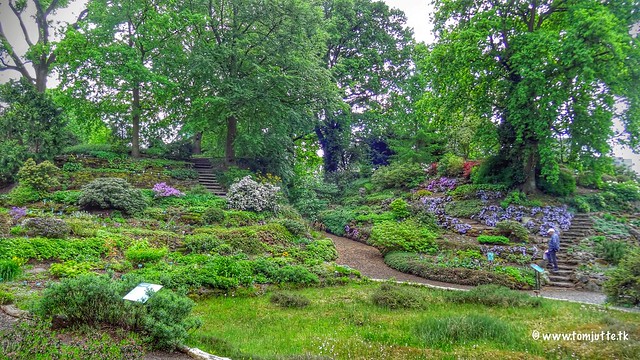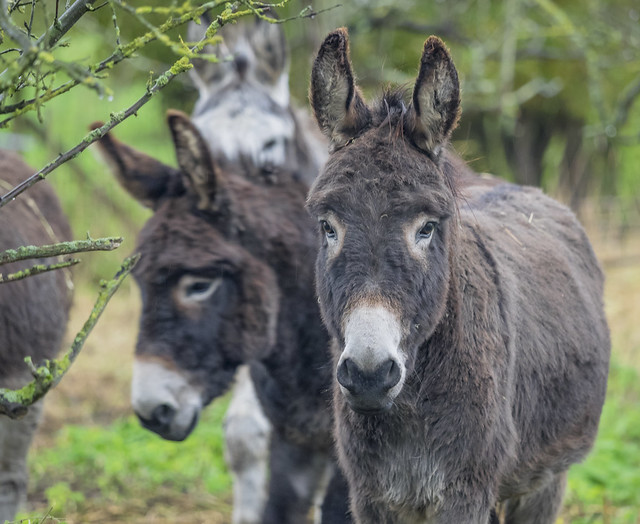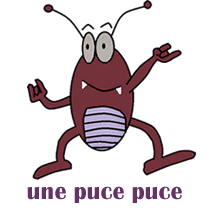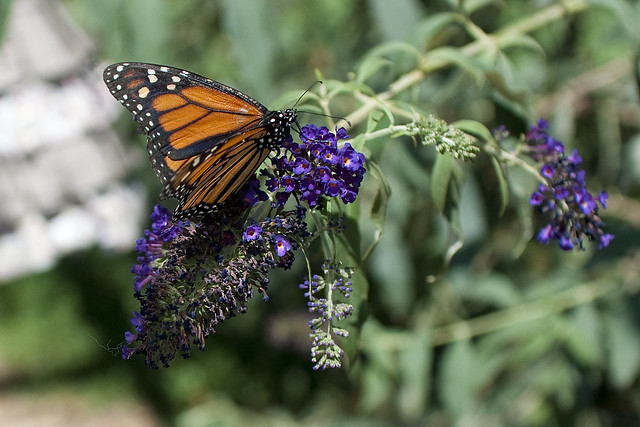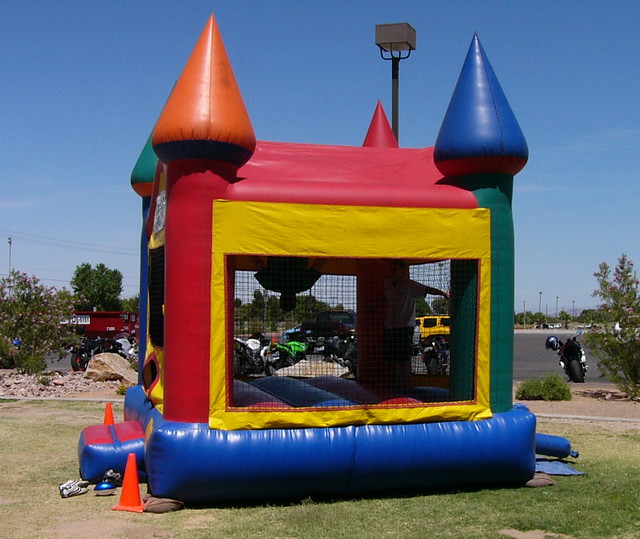In Dutch a garden or yard is a tuin [tœy̯n]. When I learnt this yesterday I wondered whether it was related to the English word town.
Tuin comes from the Middle Dutch tuun (hedge), from the Old Dutch tūn (an enclosed piece of ground), from the Proto-Germanic *tūną (fence, enclosure), from the Proto-Celtic *dūnom (stronghold, rampart) [source].
Related words include:
- achtertuin = backyard, back garden
- betuinen = to enclose, fence, hedge
- dierentuin = zoo
- kindertuin = kindergarten
- kruidentuin = herb garden
- moestuin = vegetable / kitchen garden
- speeltuin = children’s playground
- tuinen = to practice agriculture or horticulture
- tuinier = gardener
- tuinieren = gardening
- tuincentrum = garden centre
- tuinslang = garden hose (“garden snake”)
- voortuin = front yard
From the Proto-Germanic word *tūną we also get such words as town, the German Zaun (fence), the Icelandic tún (hayfield), the Faroese tún (forecourt, way between houses, street in a Faroese village), and the Norwegian tun (courtyard, front yard, farmstead) [source].
The Russian word тын (fence, especially one made of twigs) comes from the same root [source].
Words for dune in Germanic language possibly come from the same root as well [source].
Directly from the Proto-Celtic word *dūnom we get such words as the Irish dún (fort, fortress, haven), the Scottish Gaelic dùn (fortress, heap, hill), the Manx doon (fort, fortress, stronghold), the Welsh dyn (hill, height, fortification) and dinas (city, town), and the Cornish din (fort) [source]. More about this on Celtiadur
